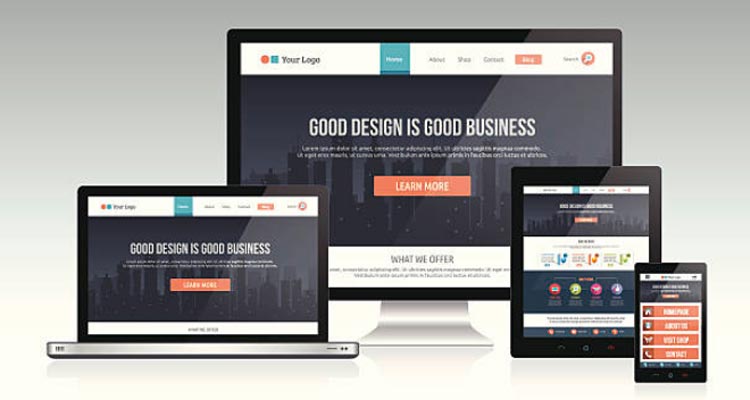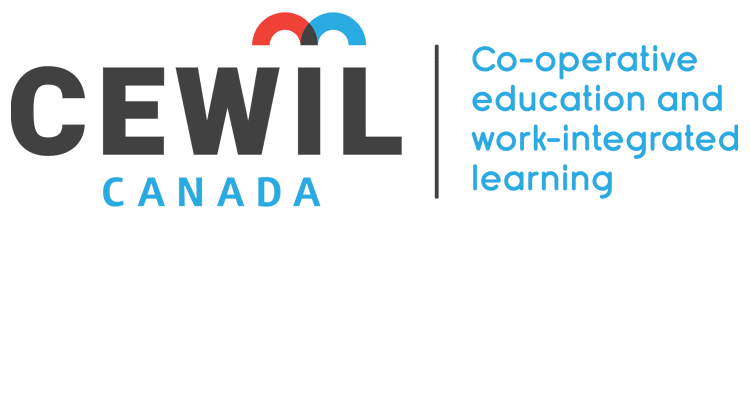Applying as a Canadian applicant
Applying as an International applicant
Campus tours
Campus tours are one of the best ways to experience Conestoga. During this time, we are offering online guided tours to show you all Conestoga has to offer.
Book your tourVirtual tours
If you can't make an on-campus tour or attend one of our events, the virtual tour is a great way to visit us.
View our Virtual tourProgram description - September 2026
Do you have a passion for programming? Our three-year Software Engineering Technology program at Conestoga is ideal if you want a career in Mobile Applications, Embedded Systems, the Internet of Things, Simulations, or Big Data.
This advanced diploma program offers a focused, hands-on approach, allowing you to learn various languages and technologies, including web development, databases, business intelligence and cybersecurity.
You can apply for the optional sixteen-month co-op after your first year, gaining valuable work experience. The flexible third year allows you to select program options to enhance your skills.
At Conestoga, Software Engineering Technology goes beyond learning code – it prepares you for a successful career in software development.
Turn your diploma into a degree
After completing this diploma, you can pursue the following degree(s) through advanced standing:
Program details
Estimated tuition & fees
Tuition and fee details for programs starting September 2026 and later will be available Spring 2026. Listed below are the tuition and fee details for the 2025-2026 academic year (September 2025 to August 2026) for your selected intake. Books and supplies may be additional.
2 Terms
Canadian
International
Canadian fee details (non co-op option)
| Description | Fall 2025 | Winter 2026 |
|---|---|---|
| Full-time Program Tuition | $1348.00 | $1348.00 |
| Administration Fee | $25.00 | $25.00 |
| CSI Advocacy Fee | $8.16 | $8.16 |
| CSI Association Fee | $104.04 | $104.04 |
| CSI Extended Health & Dental Plan Fee | $354.00 | - |
| CSI Legal Care Fee | $30.00 | - |
| CSI UPass Fee | $124.91 | $124.91 |
| Graduation/Alumni Services Fee | $20.00 | $20.00 |
| ONE Card Fee | $8.50 | $8.50 |
| Student Services | $89.00 | $89.00 |
| Technology Enhancement Fee | $110.00 | $110.00 |
| CSI - Student Welcome Kit Fee (optional) | $75.00 | - |
| CSI Student Club & Society Fee (optional) | $10.00 | $10.00 |
| CSI Student Events Fee (optional) | $35.00 | $35.00 |
| Sustainability Fee (optional) | $5.00 | $5.00 |
| Term Total | $2346.61 | $1887.61 |
| Year Total | $4234.22 |
Returning student tuition & fees
View all Canadian tuition & fee details for all levels
View all International tuition & fee details for all levels
International fee details (non co-op option)
| Description | Fall 2025 | Winter 2026 |
|---|---|---|
| International Program Tuition | $7513.00 | $7513.00 |
| Administration Fee | $25.00 | $25.00 |
| CSI Advocacy Fee | $8.16 | $8.16 |
| CSI Association Fee | $104.04 | $104.04 |
| CSI College Int'l Health Insurance Plan (CIHIP) | $595.00 | - |
| CSI Extended Health & Dental Plan Fee | $308.00 | - |
| CSI Legal Care Fee | $30.00 | - |
| CSI UPass Fee | $124.91 | $124.91 |
| Graduation/Alumni Services Fee | $20.00 | $20.00 |
| ISR (International Student Recovery) | $375.00 | $375.00 |
| ONE Card Fee | $8.50 | $8.50 |
| Student Services | $89.00 | $89.00 |
| Technology Enhancement Fee | $110.00 | $110.00 |
| CSI - Student Welcome Kit Fee (optional) | $75.00 | - |
| CSI Student Club & Society Fee (optional) | $10.00 | $10.00 |
| CSI Student Events Fee (optional) | $35.00 | $35.00 |
| Sustainability Fee (optional) | $5.00 | $5.00 |
| Term Total | $9435.61 | $8427.61 |
| Year Total | $17863.22 |
Returning student tuition & fees
View all Canadian tuition & fee details for all levels
View all International tuition & fee details for all levels
Not available

Program device & software requirements
This program requires you to have a device that meets certain specifications. For most students, this cost is in addition to the tuition & fees listed above.
view device requirementsFinancial assistance
Awards & scholarships
Student Financial Services awarded more than 400 awards, scholarships and bursaries last year.
Co-op information
- Co-op programs add value to your education. Earn money while you apply what you've learned in a real workplace environment. Visit Co-operative education for more information.
- The College cannot guarantee co-op employment. All co-op students are required to conduct an independent co-op job search in addition to the supports and services provided by the Department of Co-op Education.
- Students are responsible for their own transportation and associated costs in order to complete work term requirements. Work locations may not always be readily accessible by public transportation.
- In order for a student to participate in a WIL experience/Co-op work term, students must be legally eligible to work in Canada.
Applying to the co-op stream
- All applicants apply to the non co-op program. Students will be informed of the application deadline and process to apply for the Co-op Stream. Labour market conditions determine the number of co-op seats in optional co-op programs. Not every student who meets academic eligibility requirements will be admitted to the co-op stream.
- To be considered for admission to the co-op stream, students are required to achieve a minimum 78% weighted average in Year 1 with no dropped or failed courses.
- International students will require work permits to utilize the co-op job board for job search and to accept employment. Students are currently experiencing longer than usual wait times for work permits. Please be advised that there will be no co-op program service fee refunds after the program withdrawal for refund date. Students that have not received their work permit and choose to remain in co-op after the program withdrawal for refund date do so at their own risk and will not be refunded. If you are concerned about receiving your work permit in time to achieve co-op employment, please discuss your situation with your co-op advisor as early as possible.
Delivery sequence - September 2026 - Waterloo
This delivery sequence is for the non co-op option.
| FALL | WINTER | SPRING |
|---|---|---|
| Class | Class | Break |
| Class | Class | Break |
| Class | Class |
This delivery sequence is for the co-op option.
| FALL | WINTER | SPRING |
|---|---|---|
| Class | Class | Break |
| Class | Class | Work Term |
| Work Term | Work Term | Work Term |
| Class | Class |

